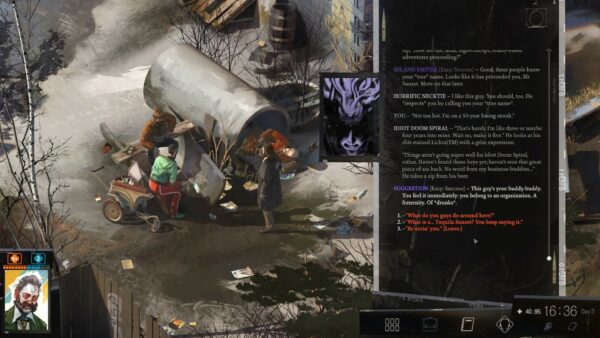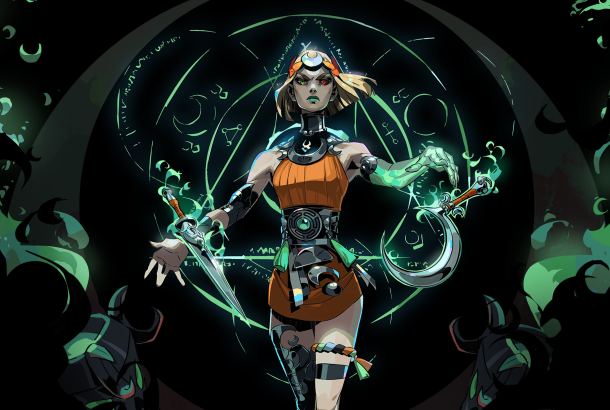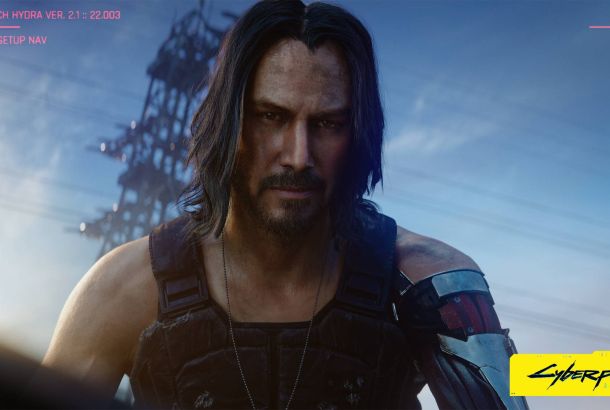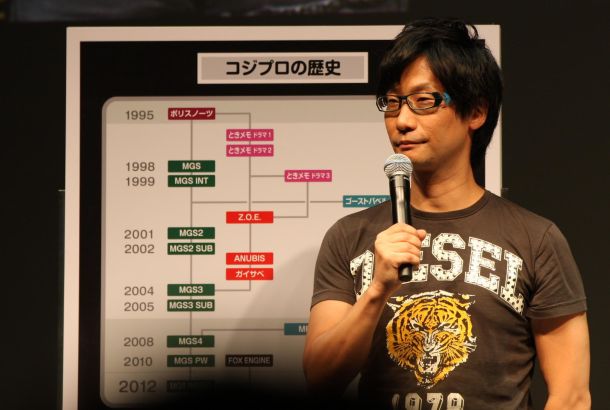More narrators in video games, please
By Anna Pirie

Amidst all of the praise rightfully directed towards last year’s Baldur’s Gate 3, one of my personal favourite aspects of the game has gone somewhat overlooked: the narrator. Voiced wonderfully by Amelia Tyler (whose deeply unserious recording outtakes have become my comfort YouTube video as of late), the narrator adds to the already-staggering depth of the game and matches the feeling of playing Dungeons and Dragons, with a Dungeon Master narrating your adventures. It’s a means of expression that is sadly underused in the modern game landscape, but allow me, for a moment, to argue in favour of the inclusion of voiced narrators.
BG3 is a game with an ungodly amount of fully voiced dialogue, so the inclusion of even more might appear ostensibly as an odd choice – I mean, why bother? Well, the narrator is granted the ability to express things that might otherwise be difficult to convey. Upon a successful insight check, listening to the narrator note a character’s inner sorrow, or suggest that another character might be deceiving you works wonderfully to help the game express its smaller details.
One of the most memorable game narrators in recent memory, that of ZA/UM’s Disco Elysium, uses narration similarly to convey imagery and emotion. Upon release, Disco Elysium was largely unvoiced and chiefly consisted of a lot of reading on the player’s part; The Final Cut edition of the game changed this, assigning Lenval Brown’s gravelly-yet-familiar vocal work to all of the game’s forms of narration.
Its narration works both externally, describing the world around you, and internally, as one of the game’s key features is its chorus of various inner voices. Shivers, one of the game’s more distinctive narrational voices, speaks prosaically and allows you to tap into the feeling of the game’s location. He only speaks up every once in a while, quietly illustrating a small vignette happening in the nearby area. Volition, meanwhile, is your body’s sense of self-preservation and sanity, interpreting the world around you with a manner and voice like a well-meaning friend.

It’s a wonderfully prosaic means of getting players to engage with the game authentically, and it tends to underpin other video game narrators – notably the works of Supergiant Games. Their debut release, Bastion, famously featured a narrator who speaks as though he’s recounting a story of old over a campfire. Including the narrator was a behemoth task for the development team, but was key to the game’s sense of style and storytelling, as his gruff cowboy-ish voice and various manners of speaking give a hazy sense of the Caelondic culture and its people.
The narrator became a signature feature of Supergiant’s style and established Logan Cunningham as Supergiant’s in-house voice actor. Thus far, Cunningham has returned to every one of their following titles as a narrator of some sort, all of whom, as figures who are both narrators and in-fiction characters, all have interesting and varied things to say about the games’ happenings. The Pyre narrator is a standout, in that he’s both – like the various voices of Disco Elysium – unreliable, and, as a character who represents the very regime you aim to undermine, absolutely hates your guts. It’s a fantastic means of storytelling that is able to aim both for entertainment and genuine narrative depth.
It’s also notable that each of these games were all developed by indie studios. The inclusion of a narrator appears as a means for developers to include features and imagery that would otherwise be difficult to stage, chiefly due to expenses. The narrator of BG3 conjures up images for your listening pleasure without compelling Larian Studios to shell out on even more voiced dialogue and animation work. Bastion‘s narrator, likewise, replaced almost all other forms of dialogue in the game and provided a seamless shortcut to telling stories without being compelled to create expensive cutscenes given the game’s next-to-nothing budget.
At the end of the day, I can’t help but be enamoured by these narrators, intrusive though they may be. They really do create the sort of intimate storytelling you might get from a novel, where it feels, at times, as though the developers are directly speaking to me, eager to tell a story, to paint a picture. It’s a truly artistic approach that I hope other developers use in the future, given its tried-and-true status.







